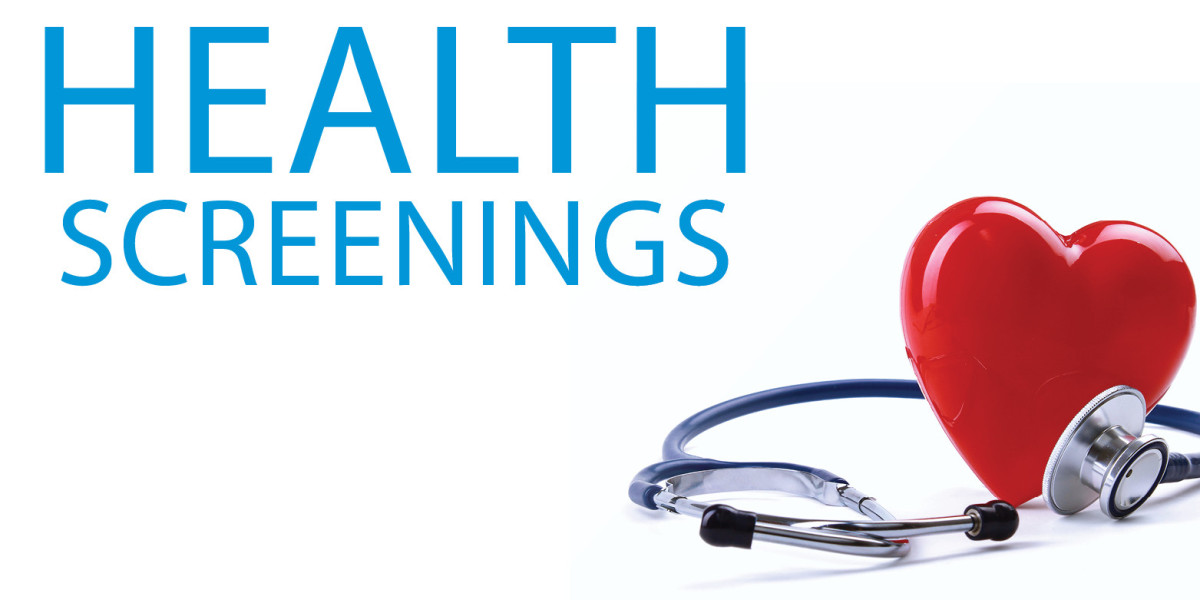In today's fast-paced world, prioritizing our health is paramount. Yet, amidst our hectic schedules, health screening often takes a back seat. However, ensuring our well-being should be non-negotiable. Understanding the significance of health screening and its role in preventive healthcare is crucial for leading a fulfilling life.
Understanding Health Screening
Health screening is the process of assessing an individual's health status through various tests and examinations before any signs or symptoms of disease manifest. Unlike diagnostic tests performed when symptoms are present, screenings aim to detect potential health issues early, allowing for timely intervention and treatment.
Types of Health Screenings
There is a myriad of health screenings tailored to specific demographics, risk factors, and age groups. Some common screenings include:
1. General Health Screenings:
- Blood pressure monitoring
- Cholesterol level testing
- Blood glucose testing
2. Cancer Screenings:
- Mammograms for breast cancer
- Pap smears for cervical cancer
- Colonoscopies for colorectal cancer
3. Cardiovascular Screenings:
- Electrocardiograms (ECGs) to assess heart function
- Stress tests to evaluate cardiovascular health
- Lipid profile testing for cholesterol levels
The Importance of Regular Health Screenings
1. Early Detection of Diseases:
Regular health screenings enable the early detection of diseases when they are most treatable. Detecting conditions such as cancer or cardiovascular diseases in their early stages significantly improves treatment outcomes and survival rates.
2. Preventive Healthcare:
Health screenings empower individuals to take proactive measures to prevent diseases before they develop. By identifying risk factors early, lifestyle modifications, such as dietary changes, exercise regimens, and smoking cessation, can be implemented to mitigate health risks.
3. Promoting Overall Well-being:
Prioritizing regular health screenings contributes to overall well-being and quality of life. Knowing one's health status fosters peace of mind and allows individuals to make informed decisions about their lifestyle and healthcare choices.
Overcoming Barriers to Health Screening
Despite the undeniable benefits of health screenings, several barriers hinder individuals from prioritizing their health:
1. Lack of Awareness:
Many individuals are unaware of the importance of health screenings and the potential health risks associated with neglecting preventive healthcare.
2. Fear and Anxiety:
Fear of receiving unfavorable results or anxiety surrounding medical procedures often deter individuals from undergoing health screenings.
3. Financial Constraints:
Limited access to healthcare services and financial constraints pose significant barriers to accessing regular health screenings for many individuals, particularly those from marginalized communities.
Empowering Individuals to Take Charge of Their Health
It is imperative to address these barriers and empower individuals to take charge of their health. Education campaigns, community outreach programs, and initiatives to increase access to affordable healthcare services play a vital role in promoting health screenings.
1. Public Health Campaigns:
Government agencies, healthcare organizations, and advocacy groups should collaborate to raise awareness about the importance of health screenings through public health campaigns and educational initiatives.
2. Community Outreach Programs:
Implementing community-based health screenings in underserved areas can enhance access to preventive healthcare services and address disparities in healthcare access.
3. Insurance Coverage and Subsidies:
Policymakers should prioritize expanding insurance coverage and providing subsidies for health screenings to ensure equitable access to preventive healthcare services for all individuals, regardless of socioeconomic status.
Conclusion
In conclusion, prioritizing regular health screenings is paramount for safeguarding our health and well-being. By detecting potential health issues early, individuals can take proactive steps to prevent diseases and lead healthier, more fulfilling lives. It is essential to overcome barriers to health screening through education, outreach, and policy initiatives to ensure that everyone has access to the preventive healthcare services they need.
More Info :- http://healthvibewell.com








